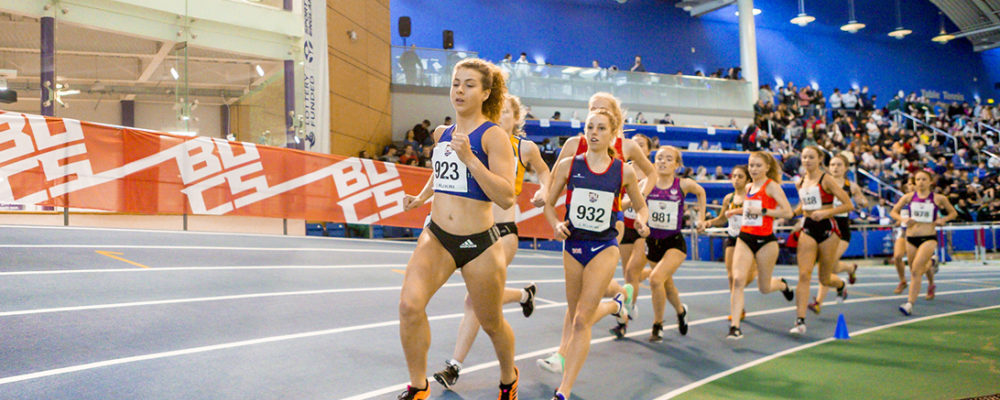A recent report from The Guardian suggests that there is a gap in the number of people willing to take on leadership roles in sport compared to the numbers taking part. While participation in sport is growing, the human infrastructure to ensure that people can play is not increasing at the necessary rate. It seems that the numbers of organisers and coaches that make participation possible and ensure competitive sport continues to flourish is lagging behind.
The FA has admitted that a huge spike in girls playing football following the recent successful women’s World Cup has not been matched by the numbers needed to coach and administrate the sport, and without action there will be a fall away in numbers playing. FA director of women's football, Baroness Campbell, has launched a drive to recruit 100,000 more coaches and support staff to the women’s game by 2024 and has created an app designed to make it easy for people to volunteer their time and skills.
The Institute of Leadership and Management’s recent research, ‘Leaders at play: game changing leadership from sport to workplace’ found that participating in sport gives people the opportunity to develop transferable skills that makes them stand out in a crowded marketplace; employees perceive that participating in competitive sport builds transferable skills that are a definite advantage when it comes to career progression. Taking on responsibility in coaching roles could pay dividends down the line.
To show young sports stars how their participation in competitive sport gives them a head start in their careers when it comes to demonstrating leadership skills and capability, The Institute has teamed up with BUCS (British Universities & Colleges Sport) at The BUCS Nationals (14-16 Feb) in Sheffield, where 5000 of the best student athletes will compete this weekend.
Our study found that teamworking was recognised as the top transferable capability, however the confidence and mental toughness learned through sport were also seen as important to career success. Other competencies such as discipline and dedication, managing relationships with others, setting realistic but stretching goals, understanding the importance of feedback and appreciating the motivating impact of competition – were all found to be excellent preparation for making an impact in the world of work.
Leadership is too often associated with senior management levels positions, but leadership happens in every type of organisation at every level. Encouraging colleagues, motivating yourself, seeing the bigger picture, meeting deadlines, knowing your values and having the confidence to challenge inappropriate behaviour – all require leadership.
Students who continue their leadership journey by becoming members of The Institute keep on developing as leaders and managers. Membership provides the support and confidence to go further than they imagined possible and signals to potential employers that they are committed to personal growth and development.
James Bramley, Commercial Partnerships Officer at BUCS said: “We’re delighted to be partnering with The Institute, as this gives our young sporting heroes the realisation that competitive sport can give them an advantage in their new career. Most of our sponsors are sport or activity related, so this is a great new angle… what’s the student’s next step, and how can it be used to their advantage?”

